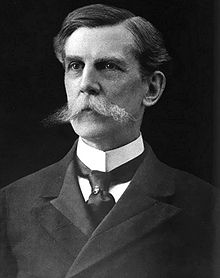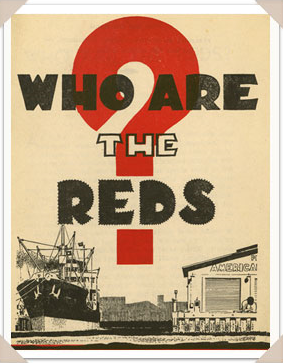LAD/Blog #31: Schenck V. United States
During the Great War, Charles Schenck and Elizabeth Baer distributed leaflets encouraging people to disobey the draft. This was illegal, and they were arrested for violating the Espionage Act of 1917. The Supreme Court had to decide whether the Espionage Act violated the First Amendment rights. In a unanimous decision, the court ruled that the Espionage Act was Constitutional because of Congress' wartime authority. Chief Justice Holmes wrote that this type of speech created danger, and was not protected under the First Amendment. Holmes compared the distribution of these flyers to yelling "Fire!" in the middle of a crowded theater.

Chief Justice Oliver Holmes, who wrote the opinion of the Supreme Court for this case

Synthesis: Yates v. United States was a 1957 Supreme Court case that ruled that radical and reactionary speech was protected by the First Amendment unless it was a "clear and present danger"

Chief Justice Oliver Holmes, who wrote the opinion of the Supreme Court for this case

Synthesis: Yates v. United States was a 1957 Supreme Court case that ruled that radical and reactionary speech was protected by the First Amendment unless it was a "clear and present danger"
Comments
Post a Comment